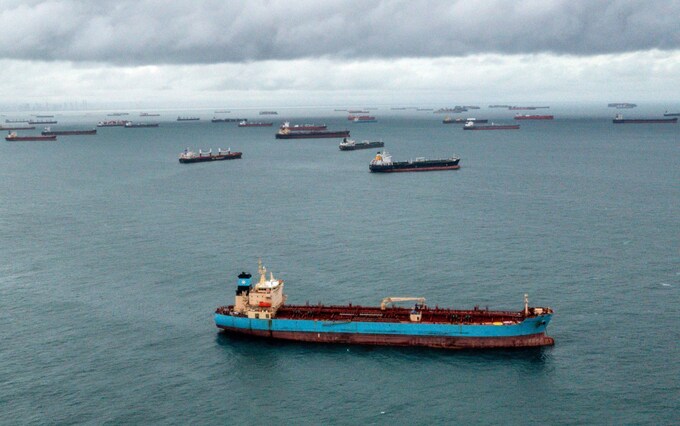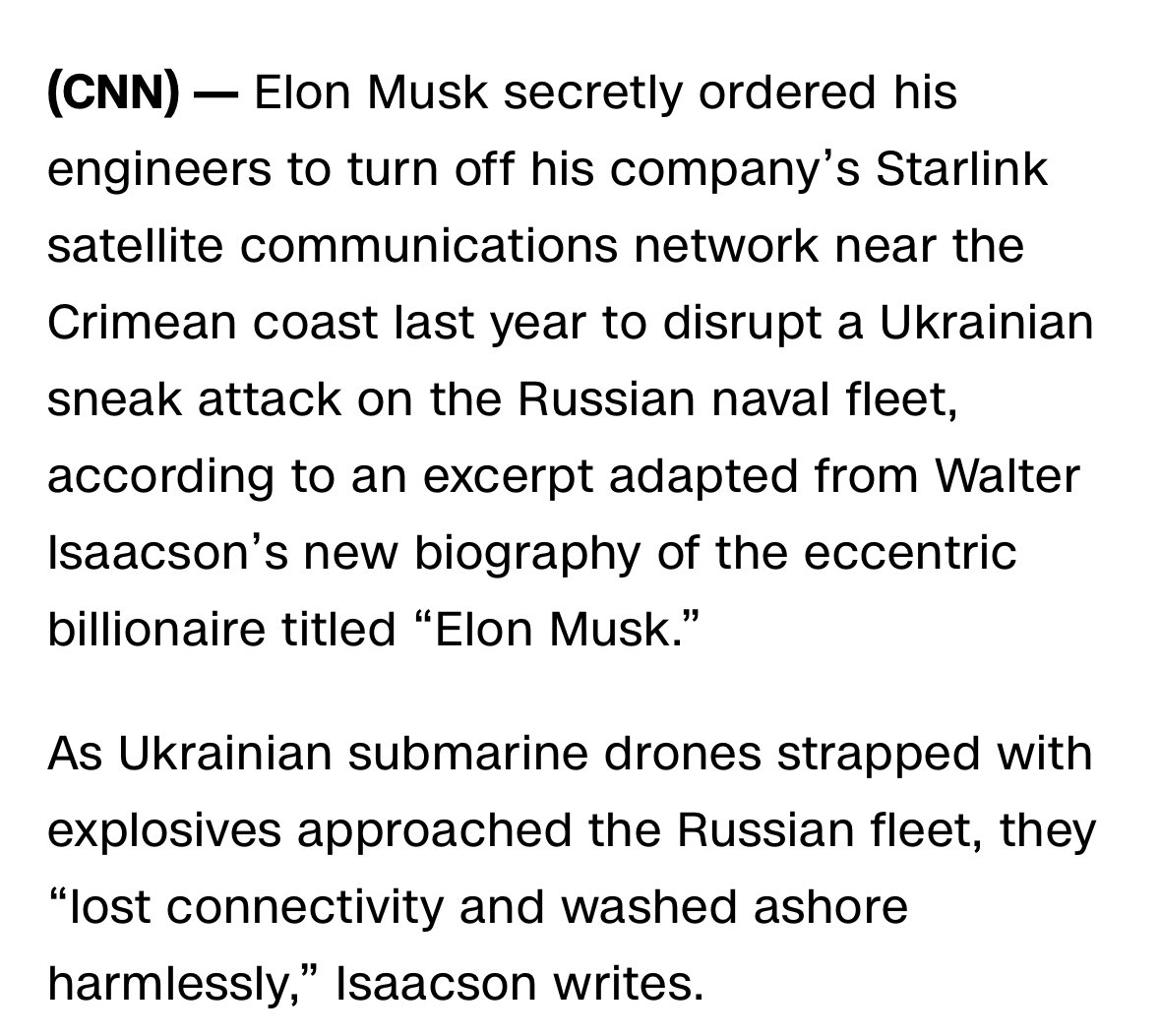Image is of container ships waiting outside the canal. While there is usually some number of ships waiting for passage, the number has increased significantly lately.
In order to move ships through the Panama Canal, water is needed to fill the locks. The water comes from freshwater lakes, which are replenished by rainfall. This rainfall hasn't been coming, and Lake Gatun, the largest one, is at near record low levels.
Hundreds of ships are now in a maritime traffic jam, unable to cross the canal quickly. Panama is attempting to conserve water and have reduced the number of transits by 20% per day, among other measures. The Canal's adminstrators have warned that these drought conditions will remain for at least 10 months.
It is unlikely that global supply chains will be catastrophically affected, at least this year. Costs may increase for consumers in the coming months, especially for Christmas, but by and large goods will continue to flow, around South America if need be. Nonetheless, projecting trends over the coming years and decades, you can imagine how this is yet another nudge by climate change towards dramatic economic, environmental, and political impacts on the world at large. It also might prompt discussions inside various governments about nearshoring, and the general vulnerability of global supply chains - especially as the United States tries, bafflingly, to go to war with China.
After some discussion in the last megathread about building knowledge of geopolitics, some of us thought it might be an interesting idea to have a Country of the Week - essentially, I/we choose a country and then people can come in here and chime in with books, essays, longform articles, even stories and anecdotes or rants, related to that country. More detail in this comment.
Here is the map of the Ukraine conflict, courtesy of Wikipedia.
Links and Stuff
The bulletins site is down.
Examples of Ukrainian Nazis and fascists
Examples of racism/euro-centrism during the Russia-Ukraine conflict
Add to the above list if you can.
Resources For Understanding The War
Defense Politics Asia's youtube channel and their map. Their youtube channel has substantially diminished in quality but the map is still useful.
Moon of Alabama, which tends to have interesting analysis. Avoid the comment section.
Understanding War and the Saker: reactionary sources that have occasional insights on the war.
Alexander Mercouris, who does daily videos on the conflict. While he is a reactionary and surrounds himself with likeminded people, his daily update videos are relatively brainworm-free and good if you don't want to follow Russian telegram channels to get news. He also co-hosts The Duran, which is more explicitly conservative, racist, sexist, transphobic, anti-communist, etc when guests are invited on, but is just about tolerable when it's just the two of them if you want a little more analysis.
On the ground: Patrick Lancaster, an independent and very good journalist reporting in the warzone on the separatists' side.
Unedited videos of Russian/Ukrainian press conferences and speeches.
Telegram Channels
Again, CW for anti-LGBT and racist, sexist, etc speech, as well as combat footage.
Pro-Russian
https://t.me/aleksandr_skif ~ DPR's former Defense Minister and Colonel in the DPR's forces. Russian language.
https://t.me/Slavyangrad ~ A few different pro-Russian people gather frequent content for this channel (~100 posts per day), some socialist, but all socially reactionary. If you can only tolerate using one Russian telegram channel, I would recommend this one.
https://t.me/s/levigodman ~ Does daily update posts.
https://t.me/patricklancasternewstoday ~ Patrick Lancaster's telegram channel.
https://t.me/gonzowarr ~ A big Russian commentator.
https://t.me/rybar ~ One of, if not the, biggest Russian telegram channels focussing on the war out there. Actually quite balanced, maybe even pessimistic about Russia. Produces interesting and useful maps.
https://t.me/epoddubny ~ Russian language.
https://t.me/boris_rozhin ~ Russian language.
https://t.me/mod_russia_en ~ Russian Ministry of Defense. Does daily, if rather bland updates on the number of Ukrainians killed, etc. The figures appear to be approximately accurate; if you want, reduce all numbers by 25% as a 'propaganda tax', if you don't believe them. Does not cover everything, for obvious reasons, and virtually never details Russian losses.
https://t.me/UkraineHumanRightsAbuses ~ Pro-Russian, documents abuses that Ukraine commits.
Pro-Ukraine
Almost every Western media outlet.
https://discord.gg/projectowl ~ Pro-Ukrainian OSINT Discord.
https://t.me/ice_inii ~ Alleged Ukrainian account with a rather cynical take on the entire thing.
Last week's discussion post.


 fight.
fight.

 and
and  if he wins the elections.
if he wins the elections. fucking azerbaijan
fucking azerbaijan